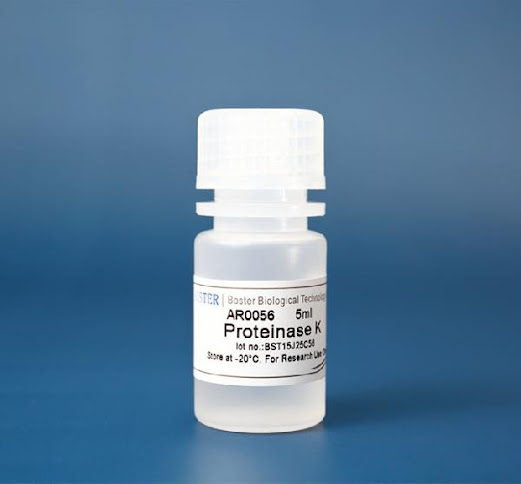Promising fertility rate across developing and developed countries to bolster the growth of the pregnancy testing devices market
Pregnancy
testing devices are the most commonly used line-indicator devices in the market
today. It is specifically designed to measure hormonal levels to help determine
the woman's fertility level. This can be used to identify if she is indeed
pregnant or not, thereby reducing the need for costly maternity tests.
Moreover, it gives great fertility rapid tests, which helps to check the
insulin level of the pregnant woman, sugar level, and the HbA1c level.
The
promising fertility rate is a prime factor fueling the growth of the pregnancy
testing devices market. Increasing technological advancement in the field of
pregnancy testing devices is also contributing to the growth of the market. For
instance, in November 2020, Atomo Diagnostics partnered with French biotechnology
company, NG Biotech, to develop the world’s first fully-integrated blood-based
rapid test for detection of hCG levels in pregnancy. The new product, NG-Test®
Blood Precision hCG. Growing awareness regarding the benefits of pregnancy
testing devices among the population due to aggressive marketing strategies by
key manufacturers is further projected to propel the growth of the pregnancy
testing devices market.
The
Asia Pacific is projected to gain significant growth over the forecast period
and this is attributed to the increasing population in the region with a
promising fertility rate in the region. According to the United Nation, the
Asia and the Pacific region is home to 60 percent of the world’s population –
some 4.3 billion people – and includes the world’s most populous countries,
China and India. By 2050 the number of people aged 60 years and older in the
region will more than double, reaching 1.3 billion.
Key Developments:
1. 1. In December 2017, US start-up Lia
has developed a flushable pregnancy test that is made from sustainable,
biodegradable materials, which they claim to be the first of its kind. The
"modernized" design is made from the same non-woven, natural plant
fibers that make up most toilet paper. The testing kit weighs less than six
squares of toilet paper.
2. 2. In March 2018, Callitas Health
Inc. a clinical-stage company developing innovative technologies for weight
management and female health and wellness announced a new partnership with NFI
Consumer Healthcare’s e.p.t®, the Over-The-Counter ("OTC") pregnancy
test kit brand.
3. 3. In October 2020, The Royal
National Institute of Blind People introduced a prototype pregnancy test that
displays results by raising tactile silicone bumps, rather than displaying text
or lines on a screen.




Comments
Post a Comment